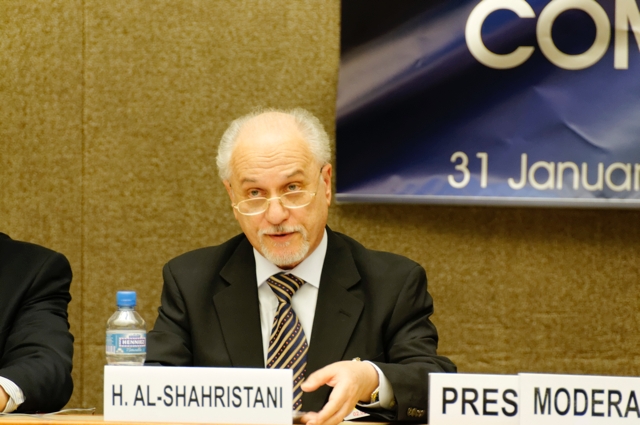The strength to say no to a dictator

Saddam Hussein met the end of his days at the end of a rope in 2006, sentenced to death for crimes against humanity. It's a fate many argued was justly deserved. In 2003, the New York Times estimated that the number of individuals murdered, killed in wars the dictator started or who simply vanished during his despotic rule of Iraq could be as high as 22 million people. Given the atrocities Hussein is infamous for, the idea of anyone under his rule opposing him sounds like the stuff of a bad melodrama.
But it's exactly what Dr. Hussain al-Shahristani, an Iraqi citizen, did.
An expert in the design of nuclear reactors, Dr. Shahristani was personally approached in 1979 by Saddam Hussein to assist his regime with their nuclear weapons program - a request that Dr. Shahristani turned down. His refusal to aid the Iraqi dictator's quest to build a nuclear arsenal resulted in his being imprisoned in the notorious Abu Ghraib prison, where he was routinely tortured for a decade. In 1991, during an allied bombing raid, Dr. Shahristani managed to escape his captors, returning to freedom, his family and starting down the road to a career in politics.
The story of Dr. Shahristani's time in prison and his daring escape is one of the most badass tales of defiance that you're likely hear. This past week, the BBC spoke to the good doctor, who recounted his story. If you've got a few minutes, it's definitely worth a listen.
Image courtesy of Wikipedia Commons